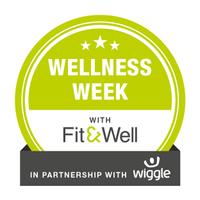How sleep trackers can improve your bedrest
What's the best way to use fitness trackers to get a better night's sleep?
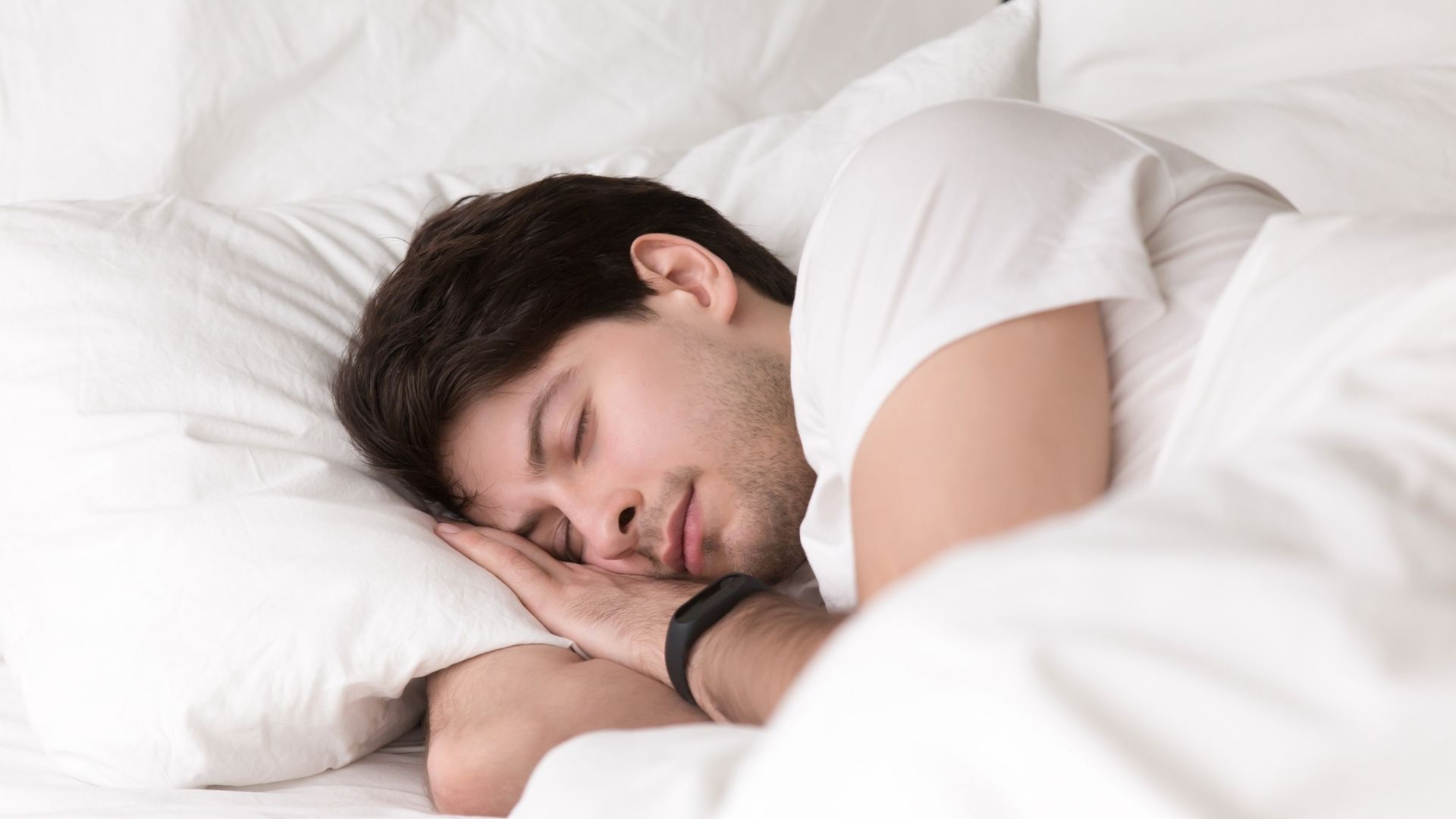

Most of today's top fitness trackers and fitness watches offer sleep tracking functionality. Whether you're a Fitbit, Garmin, Apple Watch or Oppo Watch person, you'll be able to record how well you've slept over the course of the night.
Most commercial fitness trackers break things down into simple scores, like the ratio of time spent awake, in light sleep and deep sleep. That's all well and good, but how can you actually use this information?
To start with, there's no qualms about accuracy. Commercially-available fitness trackers like those from Garmin are "closer in approximations to self-reported sleep outcomes than a previously sleep research-grade device" according to a study from the University of Nebraska. Which means the tool on your wrist is as good a fitness tracker, or better, as the ones used by actual scientists to monitor sleep in clinical studies.
So, one of the best ways to look at your sleeping patterns is to keep a food diary for a week and compare the results with your sleep tracker. Did you have a large pizza and a few beers on a Friday?
You might have slept worse because of it: alcohol not only interferes with our sleep, but it also acts as a diuretic, which can drive us to need a wee in the middle of the night. Likewise for stimulants like coffee and soft drinks: in the evening, we often forget drinks like cola contain caffeine.
On the other hand, if you ate a healthy dinner and a glass of water, or drank a herbal tea before going to bed, your fitness tracker might show you slept better. By identifying potential cause-and-effect relationships in your diet, you can begin to "hack" your diet to produce better sleep.
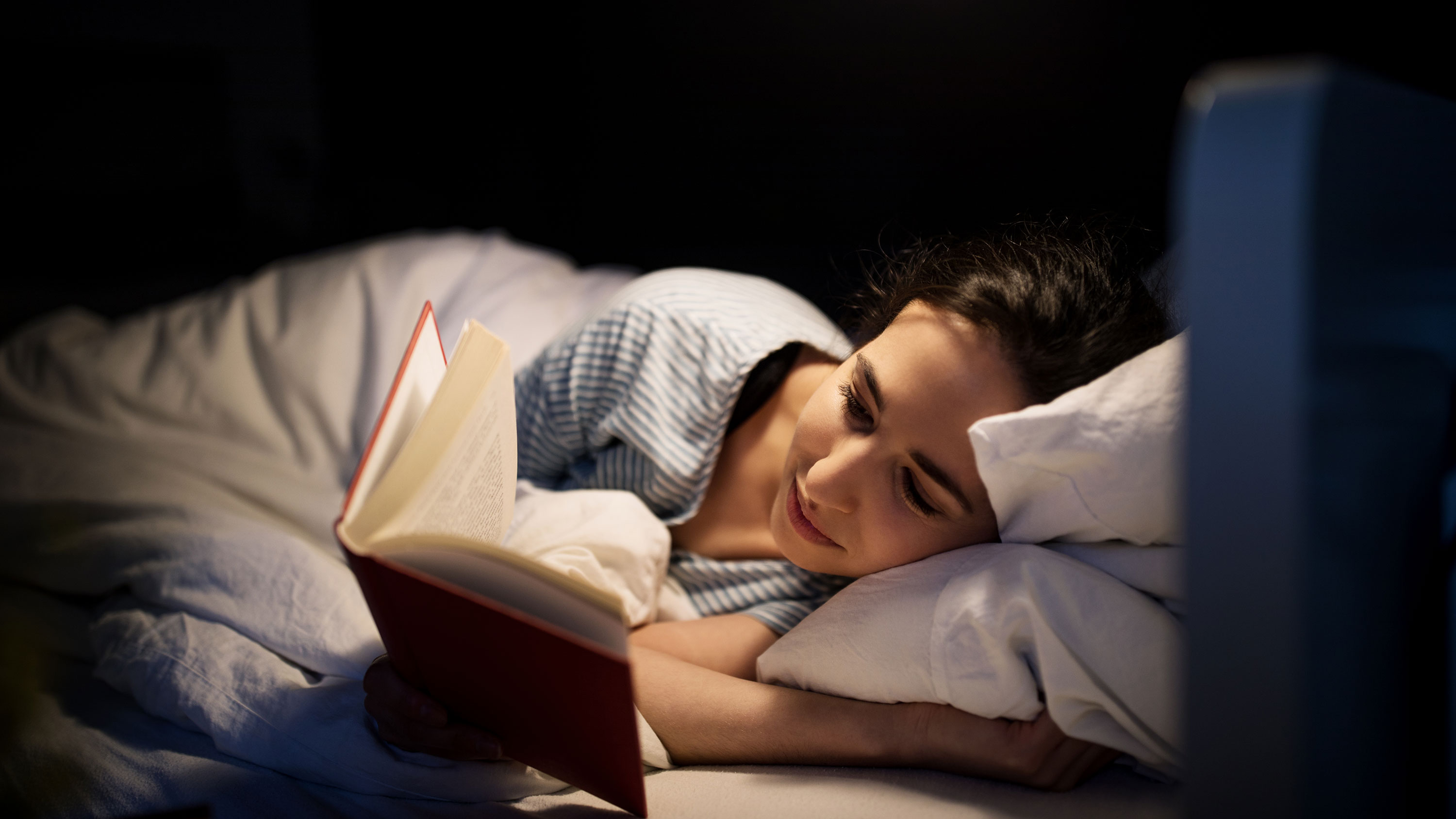
The same applies to your exercise schedule. Does your fitness tracker report more, or less sleep if you exercise in the evening compared to the morning? A report from Harvard University suggests that you can exercise in the evening as long as you avoid vigorous activity for at least one hour before bedtime.
Get the Fit&Well Newsletter
Start your week with achievable workout ideas, health tips and wellbeing advice in your inbox.
You can begin to conduct little experiments on yourself with this data, designed to identify the different things interfering with your sleep. Whether it's a late cup of coffee or time spent scrolling on your phone, by recording your habits and comparing them to your sleep tracker's data, you'll be able to identify what's interfering with your bedrest.
Liked this? Check out more Wellness Week content below:
- Trail shoes vs running shoes: what’s the difference, and do you need both?
- How to make sense of the stats on your fitness tracker: the ultimate guide to monitoring your health
Wellness Week on Fit&Well
Wellness Week is brought to you in association with Wiggle. Each day this week, we'll help you accelerate your wellness journey by making improvements across areas including fitness, diet and nutrition, mindfulness and more.
Matt Evans is an experienced health and fitness journalist and is currently Fitness and Wellbeing Editor at TechRadar, covering all things exercise and nutrition on Fit&Well's tech-focused sister site. Matt originally discovered exercise through martial arts: he holds a black belt in Karate and remains a keen runner, gym-goer, and infrequent yogi. His top fitness tip? Stretch.
-
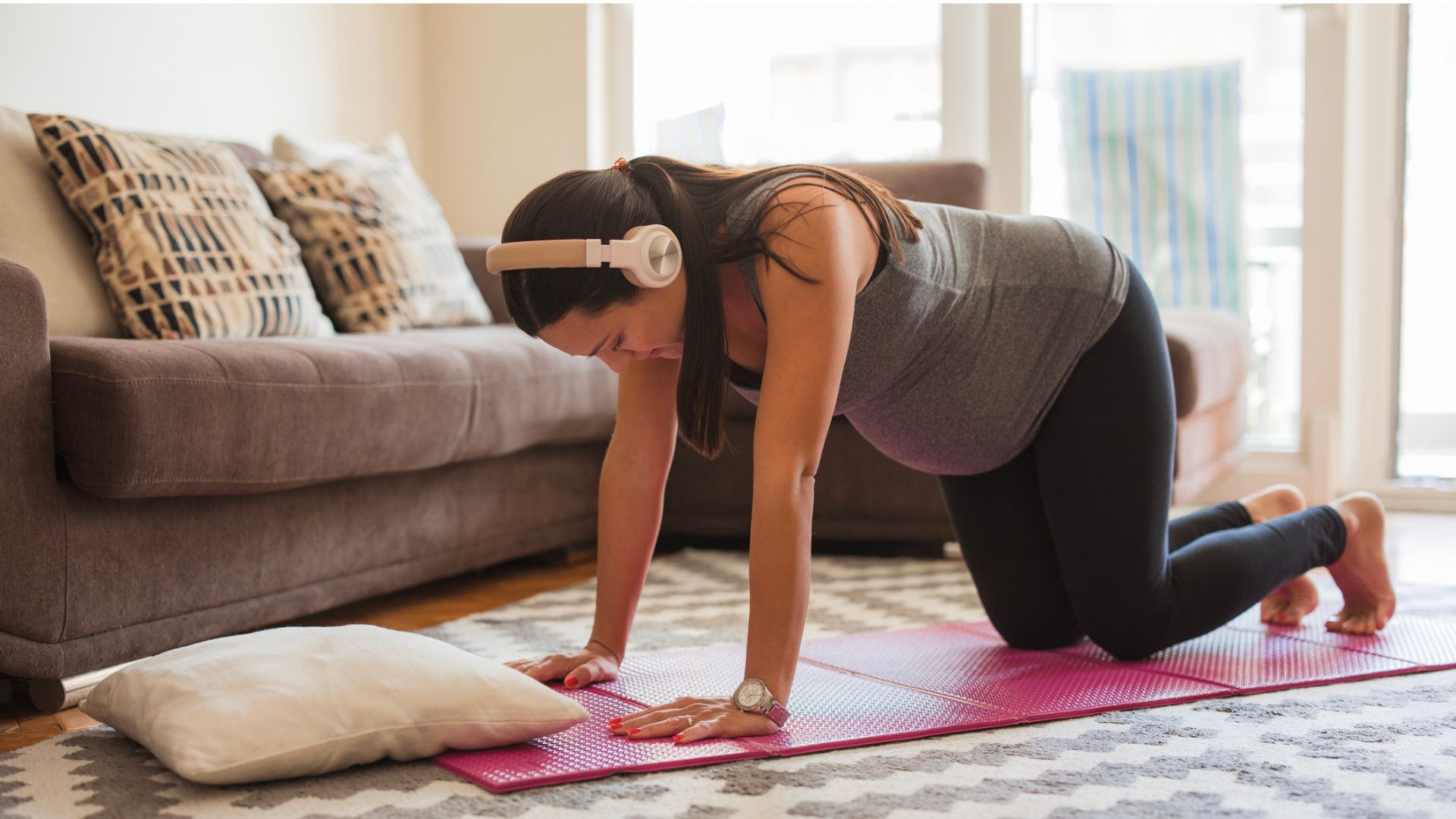 I’m a personal trainer and I love this plank variation for building core strength and reducing back pain
I’m a personal trainer and I love this plank variation for building core strength and reducing back painThis one move could help you get a stronger core
By Maddy Biddulph
-
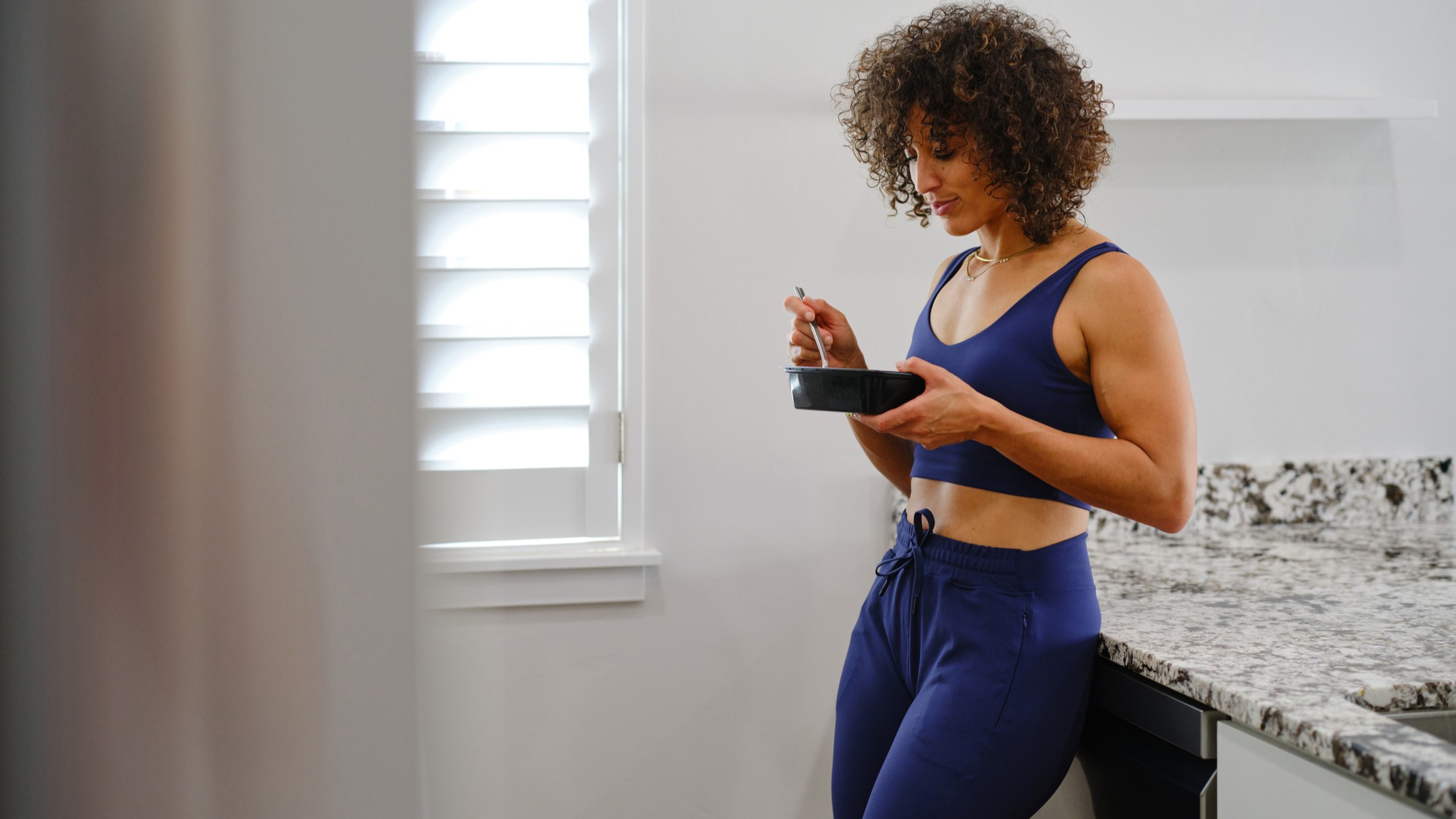 Put down the protein shake—this high-protein chicken and rice recipe is a better way to refuel after a workout
Put down the protein shake—this high-protein chicken and rice recipe is a better way to refuel after a workoutAnd it only takes 10 minutes to make
By Lou Mudge
